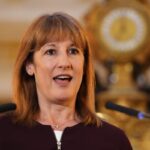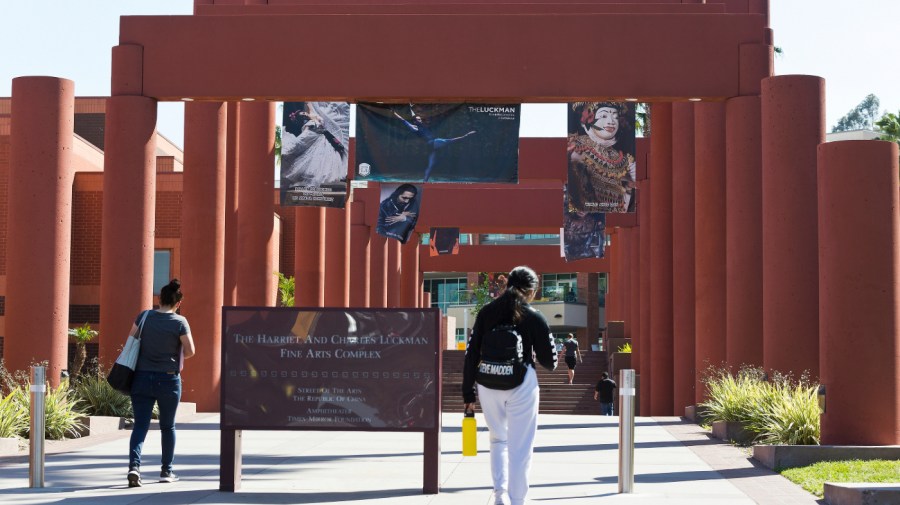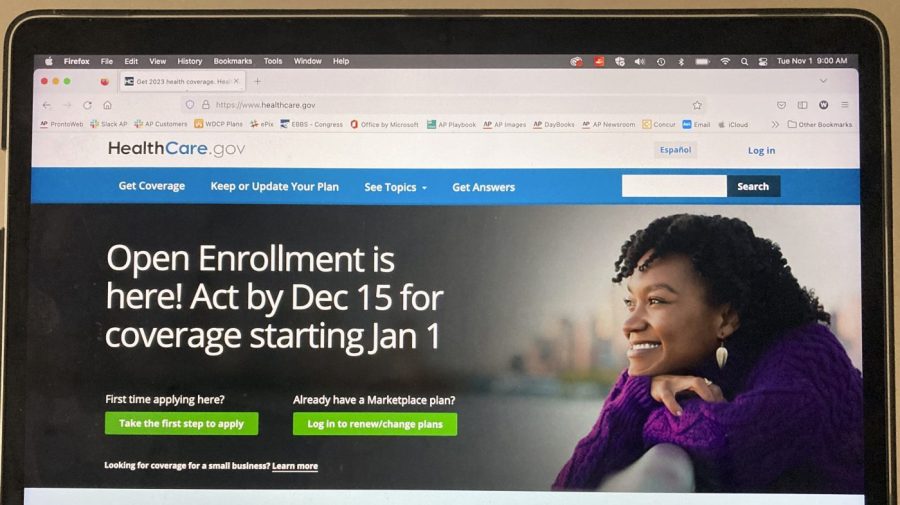In the aftermath of the Charlie Kirk assassination, several educators were disciplined for social media posts that were deemed inflammatory and contrary to the educational mission.
A Kansas psychology professor was suspended after stating that “White American men are the most dangerous animals on the planet.” A South Dakota professor was threatened with termination when he allegedly referred to Kirk as a “hate-spreading Nazi.”
Do these actions violate free speech protections and the principles of academic freedom?
The First Amendment protects from the government enacting laws that abridge freedom of speech, but offers no protection from the consequences of that speech. Nor is freedom of speech unqualified. One cannot yell “fire” in a crowded movie theater because of public safety concerns.
Universities regularly ban speakers from campus because they are deemed to be too controversial and risk inciting violence. These concerns, while not patently unreasonable, must be more than thinly veiled attempts to control students’ thinking and squash debate. The professor’s lectern is not the minister’s pulpit and indoctrination should not be confused with education.
A recent survey finds that 80 percent of college students self-censor in their interactions with peers and professors. I regularly queried students about whether they felt pressured to answer in-class or examination questions to placate the political or social leanings of their professors. On average, 85 percent answered in the affirmative.
The litmus test is whether the educator’s public statements are likely to inhibit the free exchange of ideas in the classroom. An affirmative answer to this question is presumptively disqualifying because it undermines the educational mission.
The issue is not whether professors are free to express their views; they are. The issue is whether there can still be a reasonable expectation of a classroom experience in which students can express their own, possibly contrary views, with impunity.
This is a slippery slope and gray areas abound. A University of Pennsylvania law professor was relieved of teaching a course and docked half of her salary for purportedly derogatory statements about Black students’ intellectual capabilities. In a podcast, she stated that “I don’t think I’ve ever seen a Black student graduate in the top quarter of the class, and rarely, rarely, in the top half.”
In another example, former Treasury Secretary Larry Summers was forced to resign as Harvard’s president after his remarks at an academic conference were construed to suggest that women are inferior to men in terms of mathematical aptitude.
Summers’s remarks were not malicious. He was discussing academia’s limited success in awarding tenure to women faculty in engineering and the physical sciences despite STEM programs specifically designed for this purpose.
All of these “provocative” issues could be constructively and impartially debated in classrooms with careful use of the Socratic Method. A professor who poses thoughtful questions and is prepared to weigh in objectively on either side of the issue can encourage enlightening debate even on the most controversial of issues.
The problem arises when educators impose their own opinions and use them suppress critical discourse.
I presented the Summers case to my MBA students with some modification. I asked them to assume there is credible empirical evidence that men have a lower mathematical aptitude than women. I then asked them why economists and university administrators would be interested in the answer.
One student noted that if it is known these differences exist, it would be more efficient to have more women in departments with a strong quantitative component and more men in departments that are less quantitatively oriented. The discussion then turned to the importance of role models and whether efficiency should be dispositive.
I used the Socratic Method to examine other politically charged issues, including affirmative action and diversity. I believe it proved effective because my role was limited to that of a referee posing specific questions — particularly intervening when I thought the discussion was moving too far to the left or the right.
Scholarship is not the province of the timid, because pushing forth the frontiers of knowledge is a contest of ideas. What is underappreciated is that the educator’s role in this process is much more conductor than composer. In 1837, Ralph Waldo Emerson underscored this idea in an oration before the Phi Beta Kappa Society of Harvard College, titled “The American Scholar.”
“Meek young men grow up in libraries,”he wrote, “believing it their duty to accept the views which Cicero, which Locke, which Bacon have given, forgetful that Cicero, Locke and Bacon were only young men in libraries when they wrote these books.”
The educational mission is not to enlist indoctrination to create clones of professors and teachers, but to embolden students with the courage, creativity and critical thinking skills that produce the Ciceros, Lockes and Bacons of tomorrow. An educator dedicated to this mission should be willing to self-impose certain limits on his free speech.
Dennis Weisman is professor of economics emeritus, Kansas State University.














